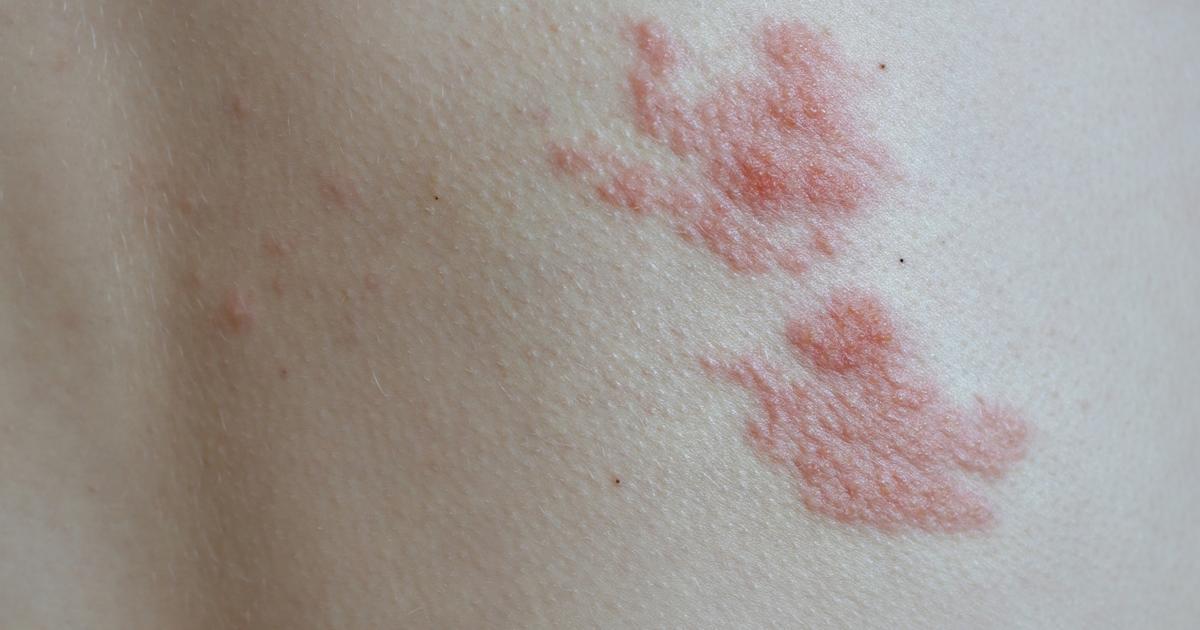
Dr. Olga A. Katz M.D., PH.D.
Neurologist | Neurology
822 Pine St Suite C Philadelphia PA, 19107About
Dr. Olga Katz is a distinguished Neurologist in Philadelphia, PA. Dr. Katz specializes in diagnosing, treating, and managing disorders of the brain and nervous system. With expertise in handling complex conditions like epilepsy, multiple sclerosis, and migraines, Dr. Katz employs advanced techniques and personalized treatment plans to improve patient outcomes. As a neurologist, Dr. Katz is committed to staying abreast of the latest developments in neurological research and therapies.
Education and Training
State Med & Pharm Univ, Nicolae Testemitanu, Chisinau, Moldova 1984
Kishinev Medical Institute
Provider Details
Treatments
- Headaches
- Peripheral Neuropathy
- Neuropathy
- Epilepsy
- Cerebrovascular Disease
- Multiple Sclerosis (ms)
- Pain
- Migraine
- Transient Ischemic Attack (tia)
- Attention Deficit Hyperactivity Disorder (adhd)
- Abnormal Gait
Dr. Olga A. Katz M.D., PH.D.'s Practice location
Olga Katz, MD
822 Pine St Suite C -Philadelphia, PA 19107Get Direction
Dr. Olga A. Katz M.D., PH.D.'s reviews
Write ReviewPatient Experience with Dr. Katz
- V. v.
Great Help!.
Recommended Articles
- Is Shingles Contagious? How Do You Get Shingles?
Shingles is a contagious viral infection that is caused by the varicella zoster virus, the same virus that causes chickenpox. This virus affects a particular nerve section, causing painful rashes on the skin connected to that particular nerve. The rash normally appears in a form of a band on any...
- Multiple Sclerosis: Technological Advancements That Benefit Everyday Life
The nature of multiple sclerosis is complicated and extremely varied from patient to patient. While some patients experience relatively mild symptoms and maybe only during periods of inflammation or flare-ups, other patients experience symptoms constantly. Sometimes, these symptoms can progress to a...
- Enuresis in Adults
What is enuresis in adults?Enuresis is the medical term for bedwetting, which is an issue most often seen in young children. However, certain adults also face this problem. In adults, it often becomes harder to talk about something, which is considered as a childhood problem. However, it is...
- Cardiac Magnetic Resonance Imaging: Helping Muscular Dystrophy Patients with Oedema-Fibrosis
Duchenne muscular dystrophy (DMD) is a genetic muscular disorder that targets the muscles and causes them to degenerate and weaken. Statistically, around 15,000 males are affected by the condition in the U.S. alone and approximately 300,000 around the world [1]. The most common and severe form of a...
- What to Expect After a Stroke
A stroke is a condition in which the brain is deprived of the required blood supply or there is a blood clot formation in a blood vessel in the brain. Strokes can be either caused by internal bleeding (hemorrhagic stroke) or by inadequate blood flow, which can also lead to the death of healthy brain...
- Protein Interactions May Help Explain Memory Loss with Parkinson's
Up until recently, scientists only knew that as Parkinson’s disease progresses so do all of its symptoms, particularly around memory loss. They also knew that as many as 30% of Parkinson’s sufferers develop dementia. What they didn’t know was why or, really how they treat it in...
Nearby Providers
- Dr. Joshua Todd Mendelson M.D.900 Walnut St Philadelphia PA 19107
- Dr. G. Pete Gliebus M.D.219 N BROAD ST FL 7 PHILADELPHIA PA 19107
- Dr. Ranga Chelva Krishna M.D.227 Madison Ave Lumberton NJ 08048
- Dr. Pravin B. Vasoya M.D.438 Ganttown Rd Sewell NJ 08080
- Dr. Hermann Schumacher M.D.1 Cooper Plaza, Kellemen Bldg, Camden NJ 08103
- Dr. Sameh Morkous MD160 E Erie Ave Philadelphia PA 19134
Nearest Hospitals
PENNSYLVANIA HOSPITALl
800 SPRUCE STREET PHILADELPHIA PA 19107THOMAS JEFFERSON UNIVERSITY HOSPITALl
111 SOUTH 11TH STREET PHILADELPHIA PA 19107HAHNEMANN UNIVERSITY HOSPITALl
230 NORTH BROAD STREET PHILADELPHIA PA 19102









